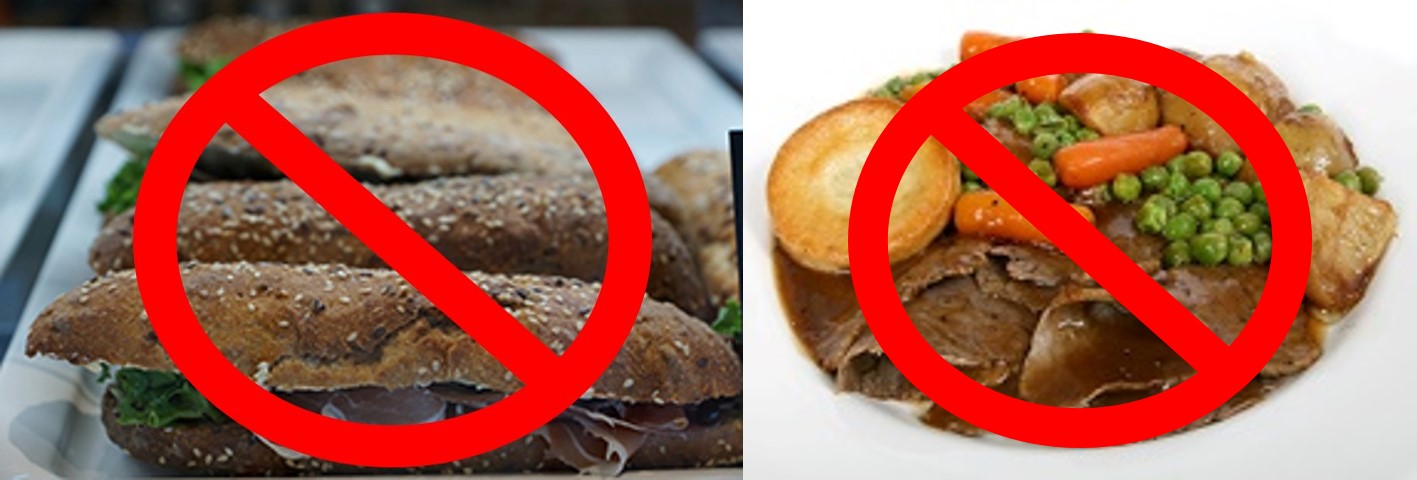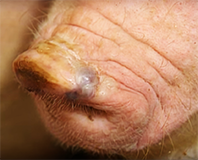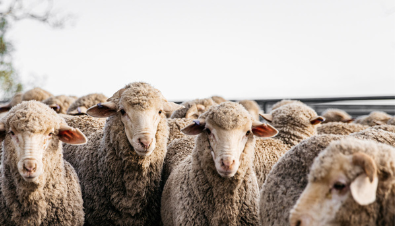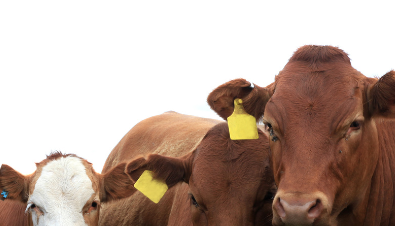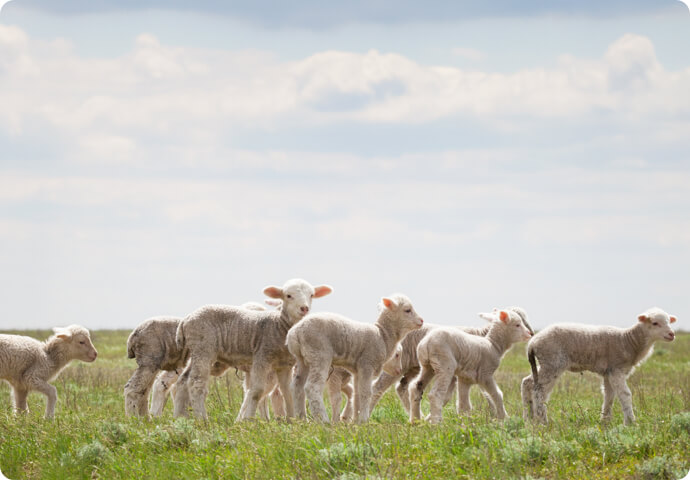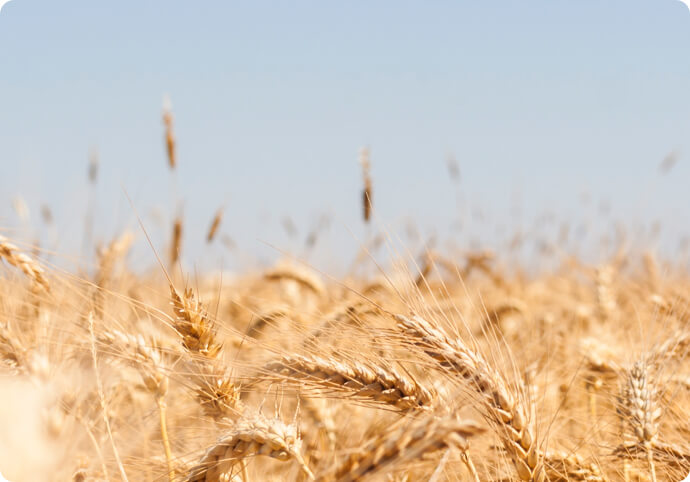Swill feeding
What is swill (prohibited pig feed)?
Swill, the traditional name for all prohibited pig feed, is food waste containing meat or any other mammalian products or by-products, excluding milk. This also includes imported dairy products and any foods that have been in contact with meat, such as leftover vegetables on a plate from a Sunday roast, or even the leftover ham and cheese roll.

